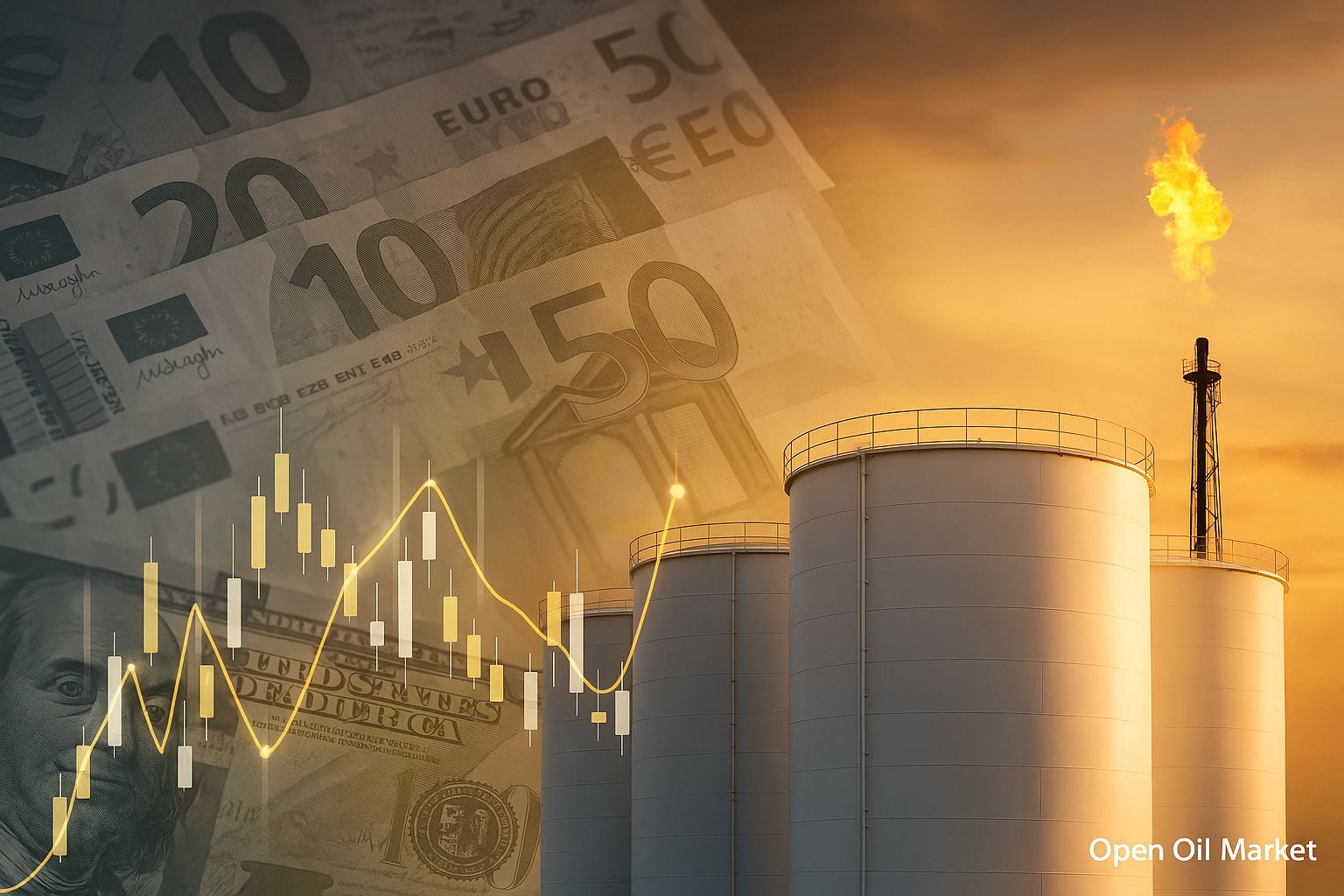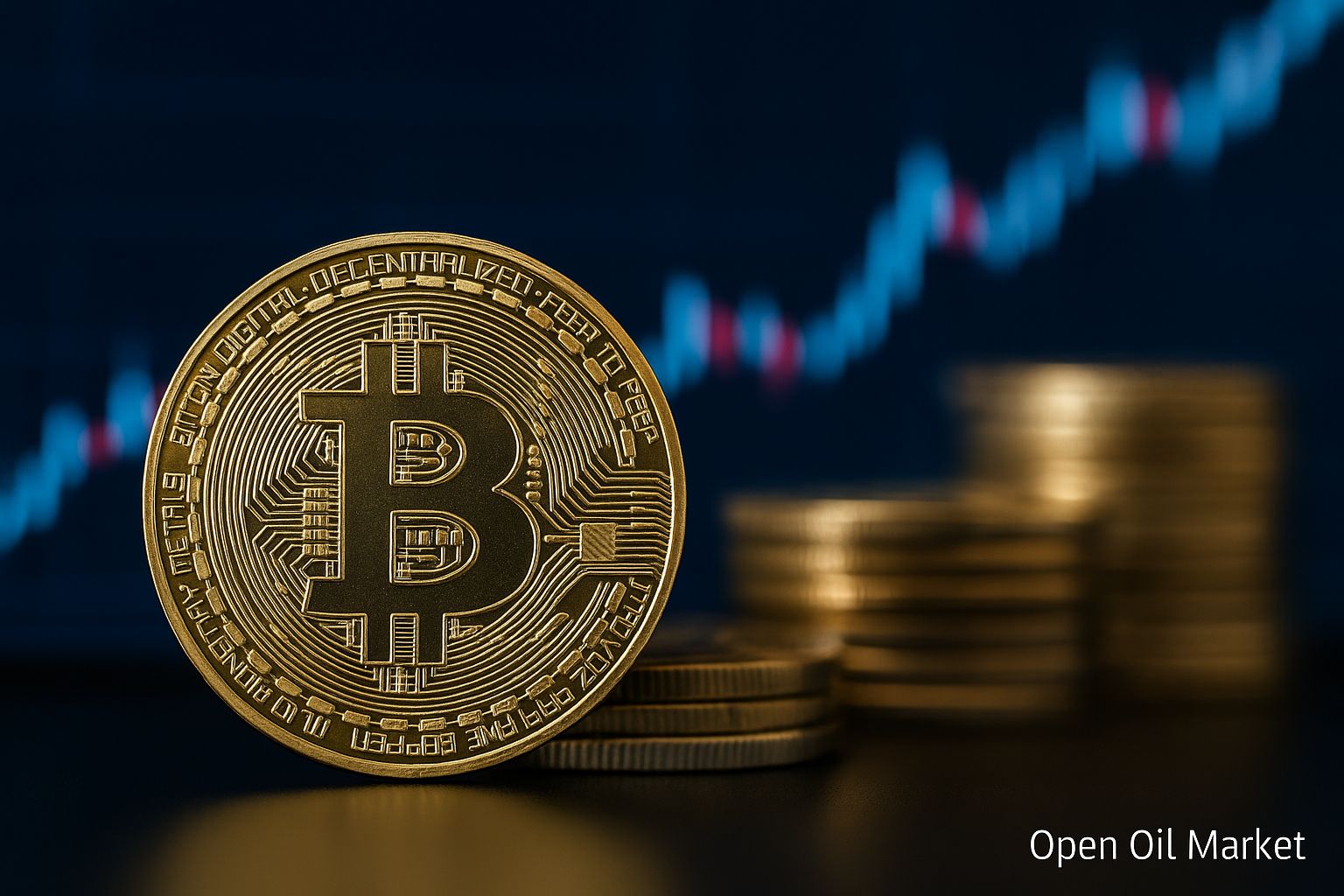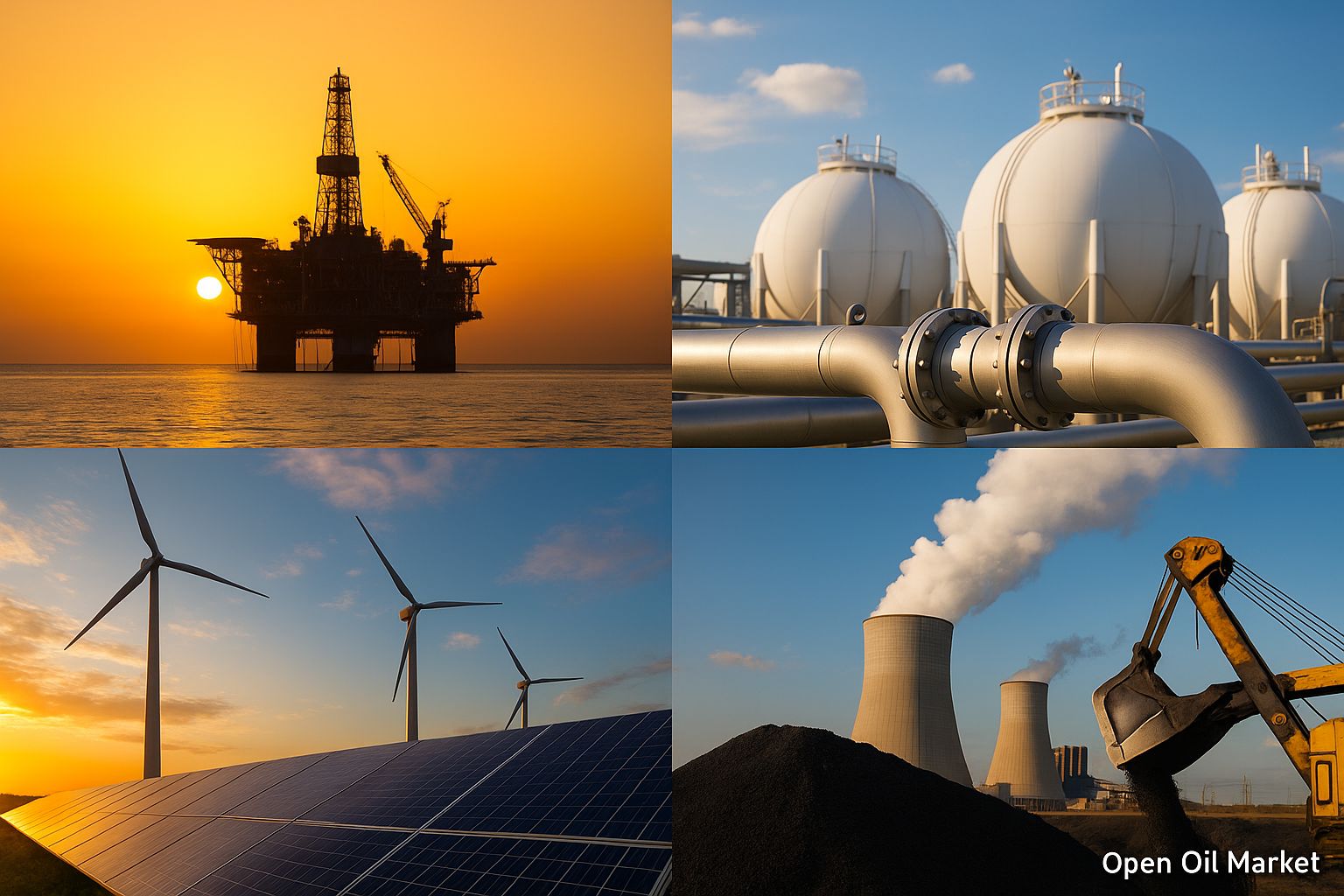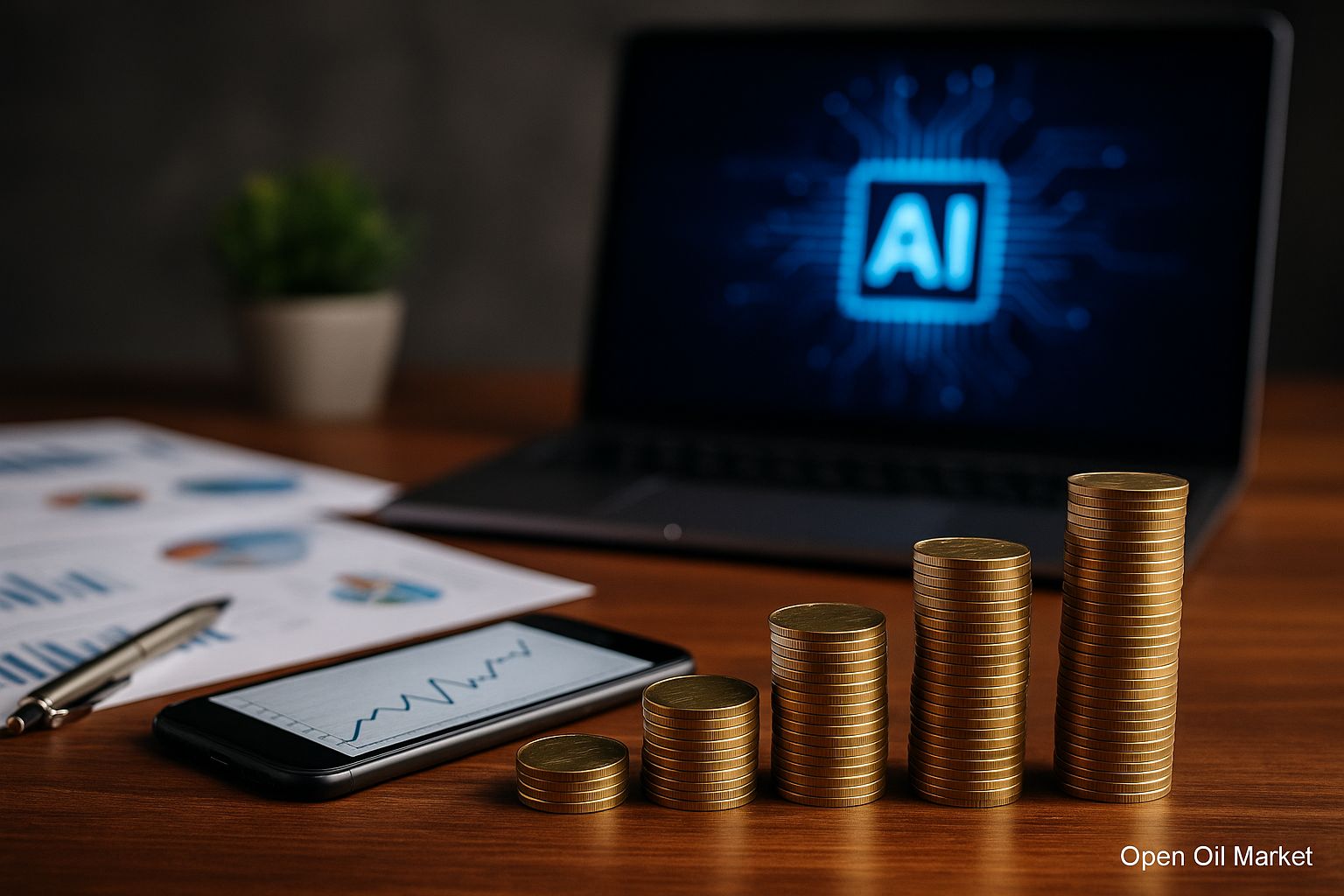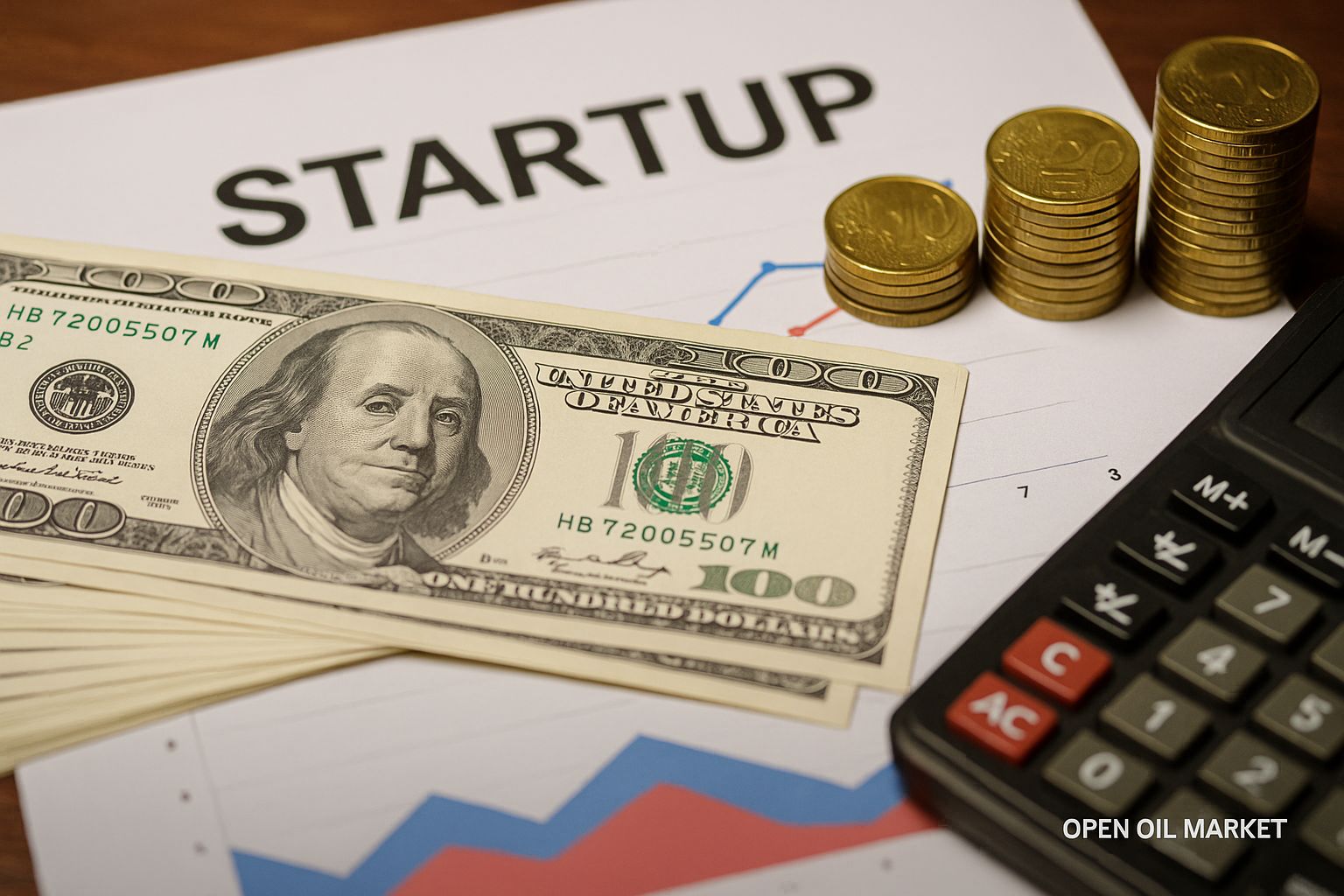
The Latest and Most Important News on Startups and Venture Capital as of October 25, 2025. A Review of Major Deals, Trends, New Funds, IPOs, and Investment Directions - From AI to Fintech.
As of late October 2025, the global venture capital market is exhibiting steady growth following a prolonged downturn in previous years. Investors are actively channeling funds into tech startups—record deals are being closed, and companies' plans for IPOs are once again taking center stage. Major players are returning with significant investments. As a result, private equity is confidently making its way back into the startup ecosystem.
The rise in venture activity is noticeable across all regions. The U.S. continues to lead (especially in artificial intelligence), investment volumes in the Middle East have nearly doubled over the past year, and Europe is witnessing shifts: Germany has overtaken the UK for the first time in terms of venture deals. India, Southeast Asia, and the Gulf countries are attracting record amounts of capital amid relative slowdowns in China. Startup ecosystems in Russia and other CIS countries are also striving to keep pace despite external constraints. A new venture boom is emerging, although investors remain selective and cautious in their deal-making.
Below are the key events and trends in the startup industry as of October 25, 2025:
- The return of mega funds and large investors. Leading venture capital firms are forming unprecedentedly large funds and increasing their investments, saturating the market with capital and raising risk appetites.
- Record funding rounds in AI and new "unicorns." Exceptionally large investments are driving startup valuations to unprecedented heights, particularly in the artificial intelligence segment.
- Revitalization of the IPO market. Successful public offerings from several tech companies and new applications confirm that the long-awaited "window" for exits has reopened.
- Sector diversification for investments. Venture capital is flowing not only into AI projects but also into fintech, climate technologies, biotech, defense developments, and even crypto startups.
- A wave of consolidation: mergers and acquisitions (M&A). New major mergers and strategic acquisitions are reshaping the industry landscape, creating opportunities for profitable exits and accelerated company growth.
- Local focus: Russia and the CIS. New funds and initiatives are emerging in the region to support local startups, drawing the attention of investors despite restrictions.
- Cautious optimism among investors. The market is experiencing a rise, yet participants maintain a measured approach to evaluating startups and avoid taking excessive risks.
The Return of Mega Funds: Big Money is Back in the Market
The largest investment players are triumphantly returning to the venture arena, signaling a renewed appetite for risk. The Japanese conglomerate SoftBank, for example, led one of the largest funding rounds of the year by investing tens of billions of dollars in artificial intelligence. Sovereign funds from the Gulf countries have also ramped up their activity: they are pouring billions into tech projects and developing state mega-programs to support the startup sector, creating their own "tech hubs" in the Middle East. Simultaneously, dozens of new venture funds are being launched worldwide, attracting significant institutional capital for investment in high-tech fields.
Leading Silicon Valley venture firms are increasing their market presence. Funds have amassed enormous reserves of uninvested capital ("dry powder")—hundreds of billions of dollars ready to be deployed as confidence rebuilds. The influx of such "big money" fills the startup market with liquidity, providing resources for new funding rounds and supporting the growth of promising companies' valuations. The return of mega funds and large institutional investors intensifies competition for the best deals while instilling confidence in the industry regarding continued capital inflows.
Record Investments in AI and New "Unicorns"
The artificial intelligence sector remains the primary driver of the current venture boom, showing record levels of funding. Investors are eager to position themselves among AI market leaders, directing colossal resources to the most promising projects. Just in recent weeks, several mega rounds have been announced: U.S. startup Crusoe, which focuses on infrastructure for AI data centers, raised approximately $1.38 billion at a valuation of around $10 billion; significant rounds were also closed by foundational AI model developers Anthropic (at $13 billion) and xAI (approximately $5.3 billion). These transactions raise company valuations to unprecedented heights and underscore the frenzy surrounding AI startups.
Importantly, investments are flowing not just into end-use AI applications but also into the infrastructure that supports them—the market is ready to finance even the "shovels and pickaxes" of the new AI gold rush. Consequently, the current investment boom is giving rise to a plethora of new "unicorns" (startups valued at over $1 billion). Experts warn of the risks of overheating in specific projects; however, venture capital's appetite for AI startups remains unyielding.
The IPO Market Awakens: A Wave of Public Offerings
The global IPO market is emerging from a prolonged lull, gaining momentum. In Asia, Hong Kong is leading the new wave of listings, with several major tech companies successfully going public in recent months, collectively raising billions. The situation is also improving in the U.S. and Europe: a number of highly valued startups have made successful debuts on the stock market, demonstrating strong investor interest and stock price growth in the initial trading days.
The largest venture capital IPOs in the third quarter of 2025 include:
- Chery Automobile - a Chinese automaker, with one of the year's highest valuations at IPO.
- Figma - an American design platform that launched shares at a valuation of approximately $15-20 billion.
- Klarna - a Swedish fintech unicorn (BNPL service) that successfully transitioned to the public market.
- Netskope - an American cybersecurity company that completed its listing with a multi-billion-dollar valuation.
Overall, more than a dozen IPOs of venture companies valued at over $1 billion occurred on global exchanges in the third quarter, significantly more than a year ago. The successes of these offerings open long-awaited opportunities for venture funds to make exits, allowing them to realize profits and redirect released capital into new projects.
Investment Diversification: Beyond Artificial Intelligence
In 2025, venture investments are covering an increasingly broad range of industries, moving beyond the AI frenzy. After a downturn the previous year, fintech is witnessing a resurgence: large funding rounds are happening not only in the U.S. but also in Europe and emerging markets, stimulating the growth of new digital financial services. Increased investor attention is also focused on climate and "green" technologies amid a global trend towards sustainability.
- Fintech: The fintech sector is receiving substantial funding across various regions, fueling the creation of new payment and banking solutions.
- Climate and AgriTech: Projects in renewable energy, eco-technologies, and agri-tech are attracting record investments due to the priority placed on environmental issues.
- Biotech and MedTech: Breakthrough developments in pharmaceuticals and digital healthcare are once again at the forefront of venture capital's attention, as the industry emerges from a phase of declining valuations.
- Defense Technologies: Investors are also showing increased interest in startups within the defense and aerospace sectors.
- Crypto Startups: A partial recovery in trust towards the cryptocurrency market has enabled several blockchain companies to attract funding once again.
Thus, venture capital is diversifying across industries, making the entire startup ecosystem more resilient and reducing the risk of overheating in any single segment. The broadened focus of investors on various sectors indicates that, in addition to AI, they are willing to support fintech innovators, green startups, medical-biological platforms, and other promising directions.
Market Consolidation and M&A Transactions
High valuations for startups and fierce competition are driving a wave of consolidation in the industry. Major mergers and acquisition deals are again taking center stage, redistributing market roles. Tech giants are actively scouting for leaders among startups, aiming to secure key technologies and teams.
In recent months, several acquisitions have captured the industry's attention. For instance, Google agreed to acquire the Israeli cybersecurity startup Wiz for approximately $32 billion—setting a record for the Israeli market. The activity in M&A reflects the market's maturation: mature startups are either merging with each other or becoming acquisition targets for corporations, while venture investors are finally getting the opportunity for long-awaited profitable exits.
Russia and the CIS: New Funds and Initiatives
Despite external constraints, efforts are underway to develop the local startup ecosystem in Russia and neighboring countries. In 2025, several new venture funds have been announced: for instance, the Nova VC fund, with a size of 10 billion rubles, focused on investments in IT startups; the investment company Kama Flow launched a fund of similar size aimed at late-stage investments. Additionally, major corporations and banks are establishing corporate venture funds focused on domestic technology projects.
Beyond financing, accelerators, startup schools, and other initiatives are being launched to support entrepreneurs. Local startups are gradually attracting the attention of not only Russian investors but also foreign partners from friendly countries. Although the volumes of the Russian and CIS market still lag behind global leaders, the region is making efforts to align with global trends. Here, venture investors are selective and focus on niches where local teams hold competitive advantages.
Cautious Optimism: Results and Prospects
As we approach 2026, the startup and venture investment industry is entering a phase of revival. Global capital inflows, a series of new "unicorns," successful IPOs, and strategic deals signal a rebound in market confidence.
Simultaneously, ecosystem participants are maintaining a degree of caution. Investors are taking a more considered approach to project evaluations and are striving to avoid excessive risk. This balanced approach inspires optimism: the venture market is experiencing more sustainable growth, creating new opportunities for investors and founders worldwide.

